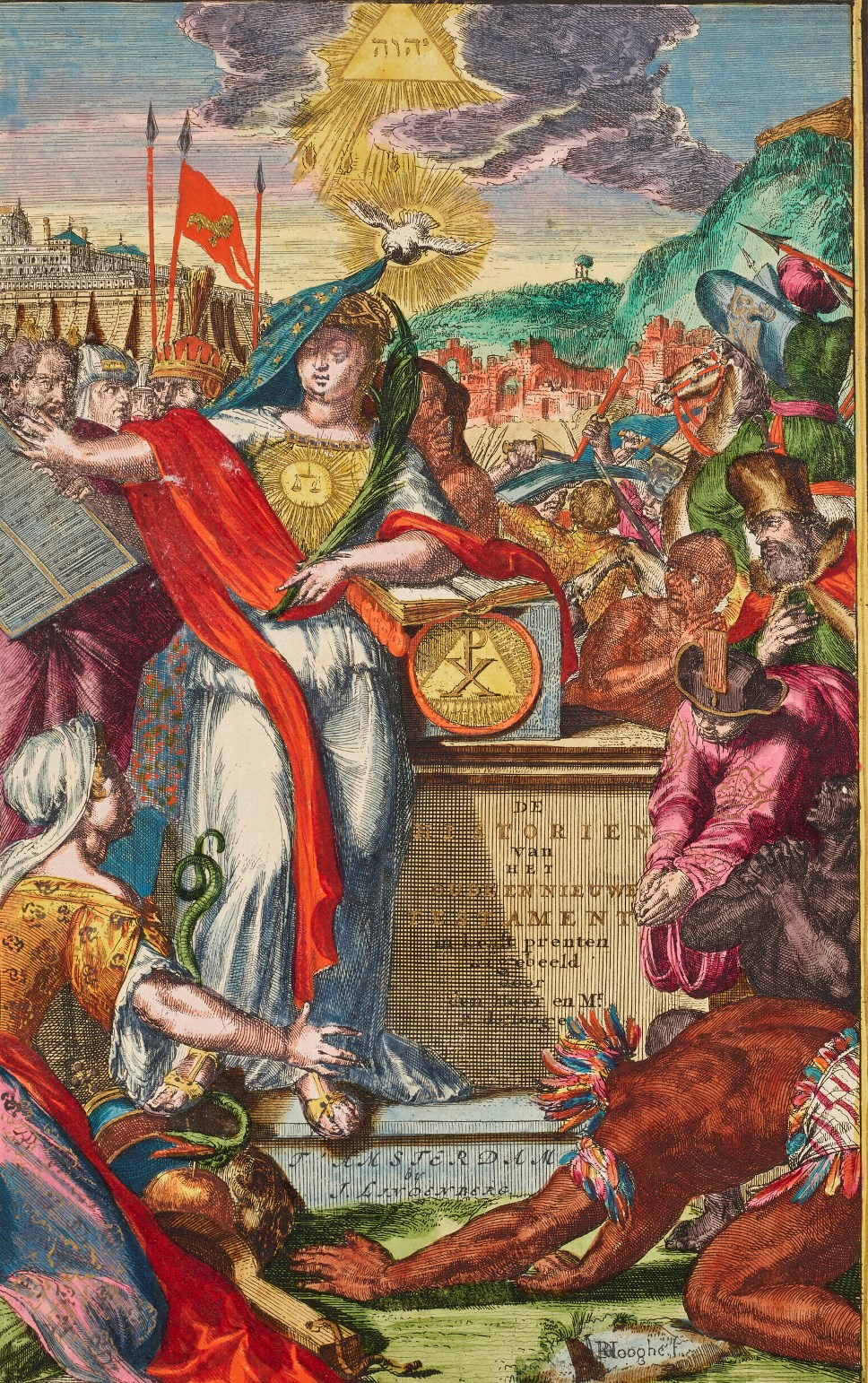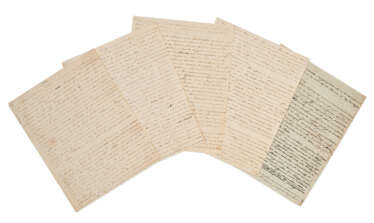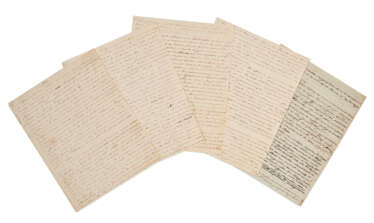arsène lacarrière latour (1778 - 1837)

Arsène Lacarrière Latour, full name Géraud Calixte Jean Baptiste Arsène Lacarrière Latour, was a French-born American engineer and military officer, architect and surveyor, and writer.
He studied architecture and engineering at the Académie des Beaux-Arts in Paris and served briefly in the French Army Corps of Engineers. In 1805 Latour came to New York, where he worked first as a merchant, then as an architect and surveyor, and opened an architectural firm in New Orleans. In 1812. Latour became a U.S. citizen.
In 1814. Latour became Andrew Jackson's military engineer and made an important contribution to the American victory at the Battle of New Orleans. After the war ended, Latour published a book, Historical Memoirs of the War in West Florida and Louisiana, 1814-1815, which is still valued for its eye-witness view of the war.
In 1816. Latour traveled with Jean Lafitte on an expedition to survey and map the Southwest as an agent for Spain. From 1818 to 1834 he worked as an architect in Havana. His manuscripts include an extensive report describing Havana's thriving economy in 1815-1821, local agricultural production (sugar cane, coffee, tobacco), trade with Europe, the United States, and the colonies of South America; statistics; and a section on the city's possible future expansion and growth. Latour subsequently returned to France, where he died.


Arsène Lacarrière Latour, full name Géraud Calixte Jean Baptiste Arsène Lacarrière Latour, was a French-born American engineer and military officer, architect and surveyor, and writer.
He studied architecture and engineering at the Académie des Beaux-Arts in Paris and served briefly in the French Army Corps of Engineers. In 1805 Latour came to New York, where he worked first as a merchant, then as an architect and surveyor, and opened an architectural firm in New Orleans. In 1812. Latour became a U.S. citizen.
In 1814. Latour became Andrew Jackson's military engineer and made an important contribution to the American victory at the Battle of New Orleans. After the war ended, Latour published a book, Historical Memoirs of the War in West Florida and Louisiana, 1814-1815, which is still valued for its eye-witness view of the war.
In 1816. Latour traveled with Jean Lafitte on an expedition to survey and map the Southwest as an agent for Spain. From 1818 to 1834 he worked as an architect in Havana. His manuscripts include an extensive report describing Havana's thriving economy in 1815-1821, local agricultural production (sugar cane, coffee, tobacco), trade with Europe, the United States, and the colonies of South America; statistics; and a section on the city's possible future expansion and growth. Latour subsequently returned to France, where he died.




